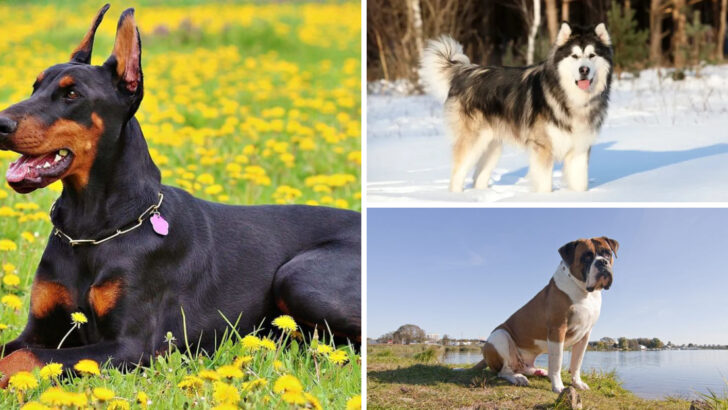In the U.S., there are certain dog breeds that frequently make the list of those banned or restricted in various states and cities. These breeds often face stricter regulations due to concerns over temperament, size, or aggression, but it’s important to remember that a dog’s behavior is often more about upbringing and environment than the breed itself. Despite this, many communities have made the decision to impose bans in an effort to manage public safety.
Understanding which breeds face restrictions can be helpful for both dog owners and potential adopters, as well as for those simply curious about the laws surrounding pet ownership. While some of these breeds are known for their strength or protective instincts, it’s crucial to approach breed-specific legislation with a nuanced perspective, focusing on responsible ownership rather than unfair stigma. Here’s a closer look at the 23 dog breeds most frequently banned across the U.S., and why these decisions have been made.
Pit Bull Terrier
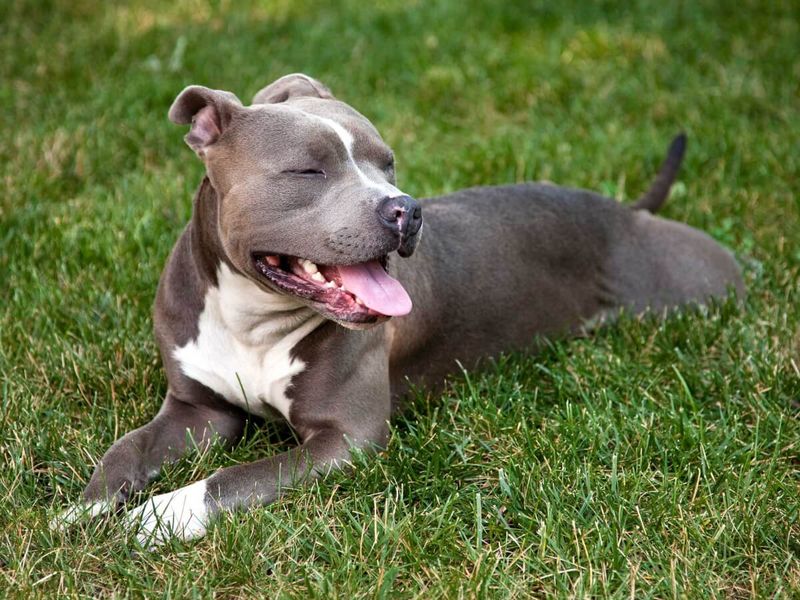
The Pit Bull Terrier, often at the center of breed-specific legislation, is known for its strength and loyalty. Although many advocate for their loving nature, incidents involving aggression have led to frequent bans. Due to their powerful build and strong jaw, they have been involved in attacks, prompting safety concerns.
Despite this, many owners cherish their Pit Bulls as affectionate companions. Responsible ownership, including proper training and socialization, is crucial for these intelligent dogs. Understanding their needs can change perceptions and help mitigate negative stereotypes associated with this breed.
Rottweiler
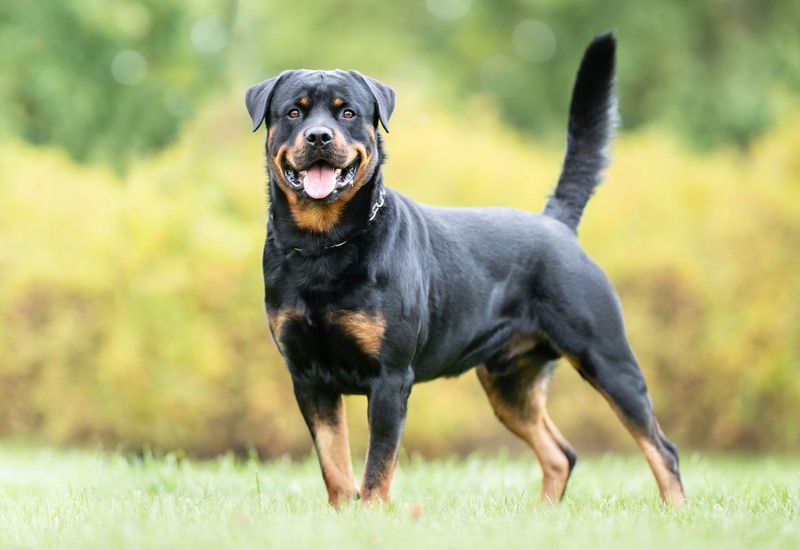
Rottweilers are often valued for their protective instincts and strength. These qualities, however, contribute to their banned status in certain areas. Historically used as guard dogs, their assertive nature can be misinterpreted as aggression.
Rottweilers require consistent training and socialization from an early age to ensure they are well-adjusted pets. Their loyalty and intelligence make them excellent companions for experienced dog owners. With proper care, they can thrive in family environments, dispelling myths about their temperament.
German Shepherd

German Shepherds, known for their intelligence and versatility, are sometimes banned due to their size and perceived aggressiveness. Highly trainable, they excel in roles like police and service work, which can contribute to their intimidating reputation.
These dogs require regular mental and physical exercise to maintain their well-being. When provided with proper guidance, German Shepherds are loyal and loving family members. Addressing misconceptions about their behavior can foster better acceptance of this remarkable breed.
Doberman Pinscher
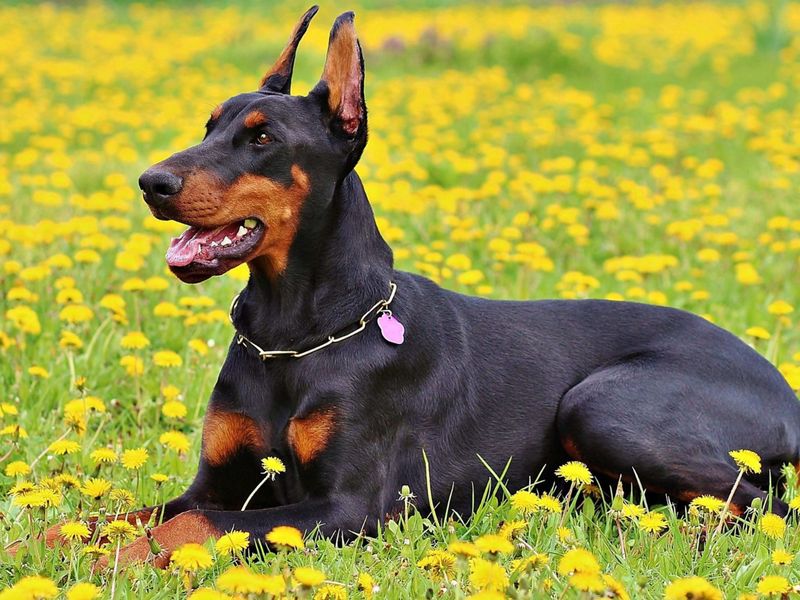
Doberman Pinschers are celebrated for their elegance and loyalty, but they face bans due to their perceived aggression. Initially bred for protection, their alertness and intelligence are unparalleled.
Dobermans require an active lifestyle and regular training to channel their energy positively. With a firm yet loving approach, they become affectionate and devoted companions. Educating potential owners on their needs can reduce fears and improve their image as family-friendly pets.
Alaskan Malamute
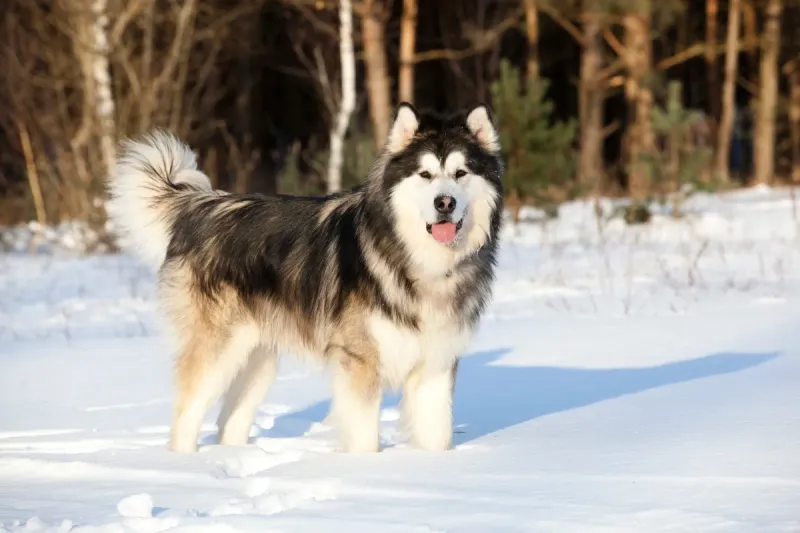
The Alaskan Malamute, known for its strength and endurance, is sometimes banned due to its size and wolf-like appearance. Originally bred for sledding, these dogs require ample space and exercise.
Malamutes are independent and intelligent, needing an experienced owner to manage their strong-willed nature. With proper training, they are gentle giants and great family pets. Understanding their unique characteristics can promote more informed and less fear-based perspectives.
Chow Chow
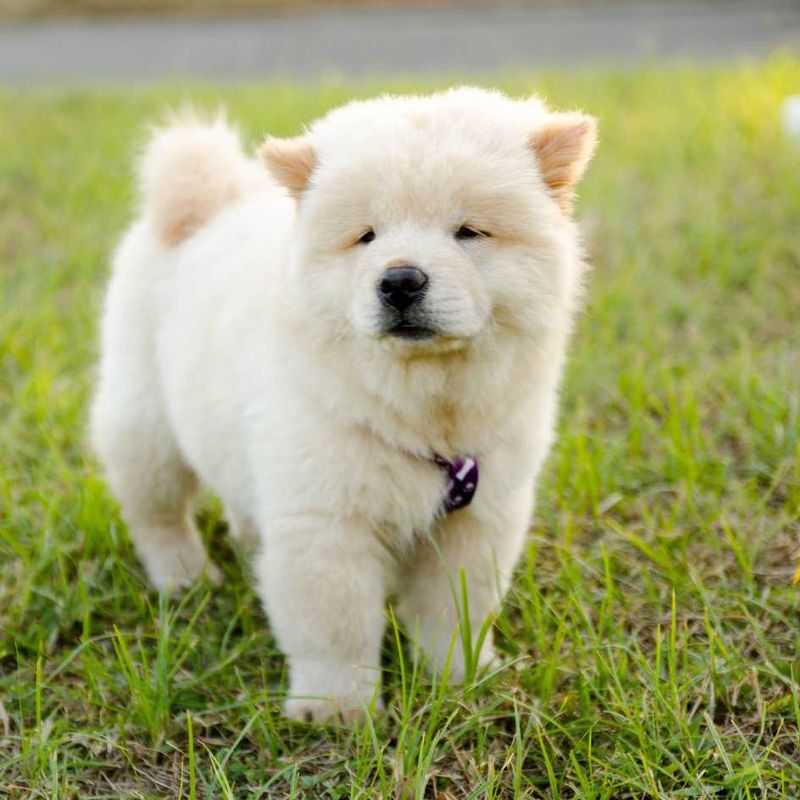
Chow Chows, with their distinctive appearance and aloof demeanor, are often misunderstood. Their history as guard dogs contributes to their reputation, resulting in bans.
These dogs are reserved yet fiercely loyal to their families. Training and socialization are vital to ensure a well-adjusted Chow Chow. They thrive in calm environments where they can form strong bonds with their owners. By appreciating their individuality, misconceptions about this breed can be challenged.
Bullmastiff
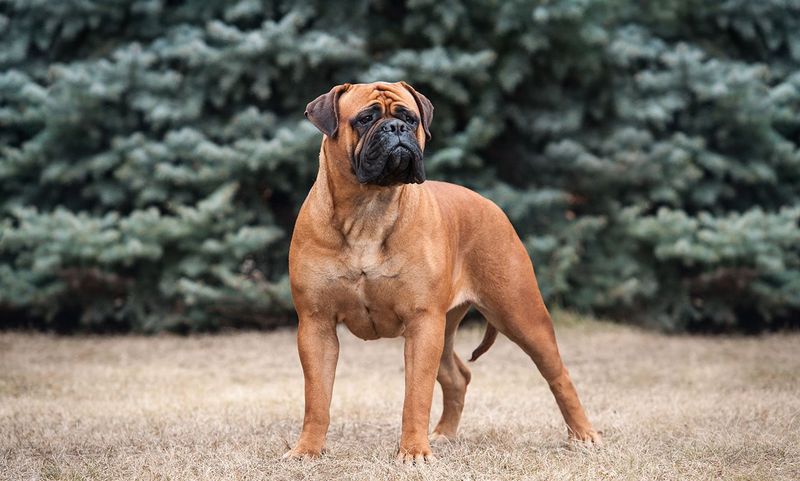
Bullmastiffs are imposing yet gentle giants, often banned due to their size and protective instincts. Bred to guard estates, they have a strong territorial drive, which can be misinterpreted.
They require firm training and socialization to become well-behaved companions. Despite their formidable appearance, they are affectionate and devoted to their families. Responsible ownership can highlight their loving nature and help reduce bans based on misconceptions.
Presa Canario

The Presa Canario, originating from the Canary Islands, faces bans due to its powerful build and assertive nature. Bred for working livestock, they require an experienced handler.
Presa Canarios need consistent training and socialization to manage their strong personalities. With the right approach, they are loyal and protective companions. Dispelling myths about their temperament can encourage more informed decisions about bans.
American Bulldog

American Bulldogs, known for their strength and determination, are sometimes banned due to perceived aggression. These dogs are affectionate and great with families, provided they receive proper training.
They thrive in active households where they can participate in physical activities. Understanding their needs and behavior can reduce fear-based bans. With responsible ownership, American Bulldogs can be loving and loyal pets.
Great Dane
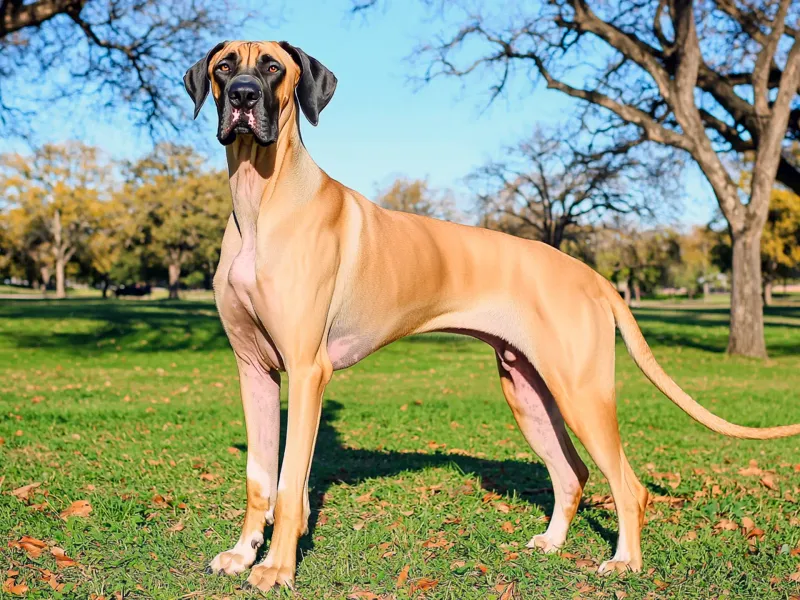
Despite their gentle nature, Great Danes are occasionally banned due to their immense size. These dogs are often called “gentle giants” for their calm and friendly demeanor.
They require space to move and regular exercise to stay healthy. Great Danes are loyal companions who form deep bonds with their families. Addressing misconceptions about their temperament can help prevent unnecessary bans.
Saint Bernard
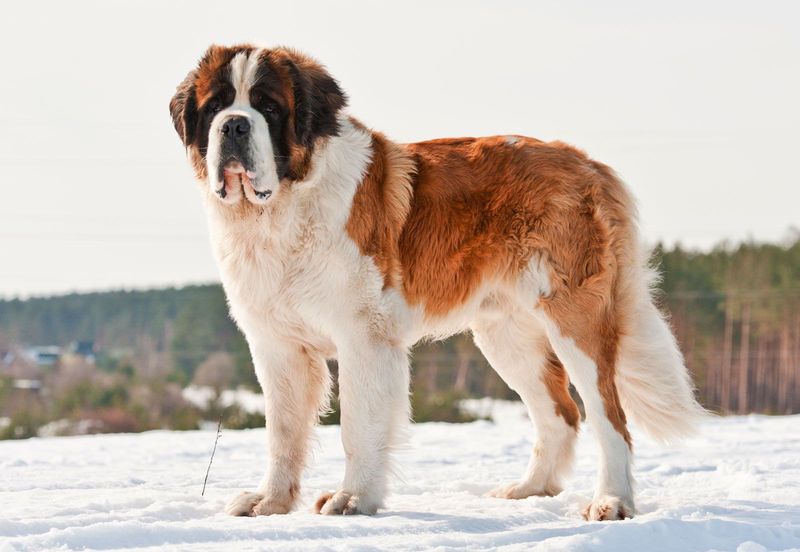
Saint Bernards, known for their rescue work in the Alps, are sometimes banned due to their size and strength. Despite this, they are gentle and patient dogs, often good with children.
They need regular grooming and plenty of space to thrive. Saint Bernards are loyal and loving, making them excellent family pets. Education about their true nature can help change negative perceptions.
Wolf Hybrid
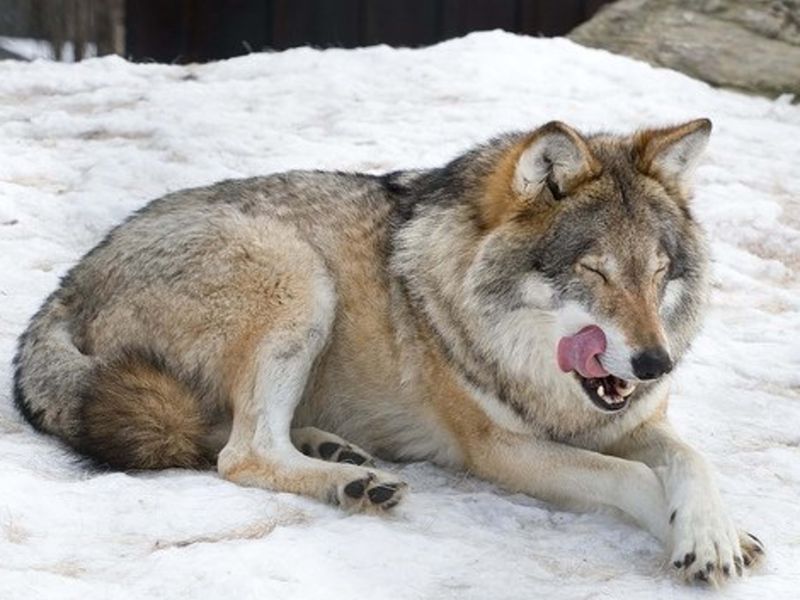
Wolf Hybrids, a mix of domestic dogs and wolves, face bans due to safety concerns and unpredictable behavior. These animals have wild instincts and require specialized care.
They need experienced handlers who understand their unique needs and behavior. Wolf Hybrids can be challenging to manage, requiring secure enclosures and constant supervision. Understanding their complexities is key to responsible ownership and safety.
Akita
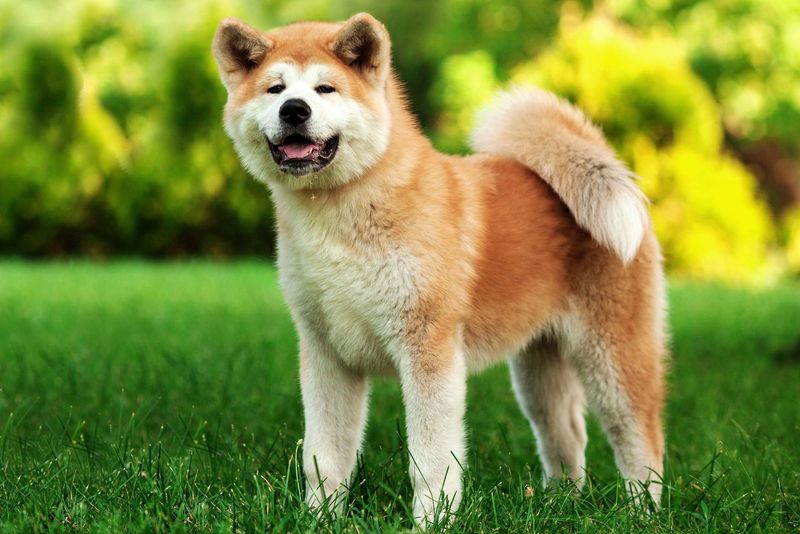
Akitas, known for their dignity and courage, are sometimes banned due to their dominant nature. These dogs are loyal and protective, requiring firm training.
They thrive in environments where they can have clear leadership from their owners. Akitas are loving companions when well-managed. Educating the public on their behavior and needs can reduce misconceptions and bans.
Cane Corso
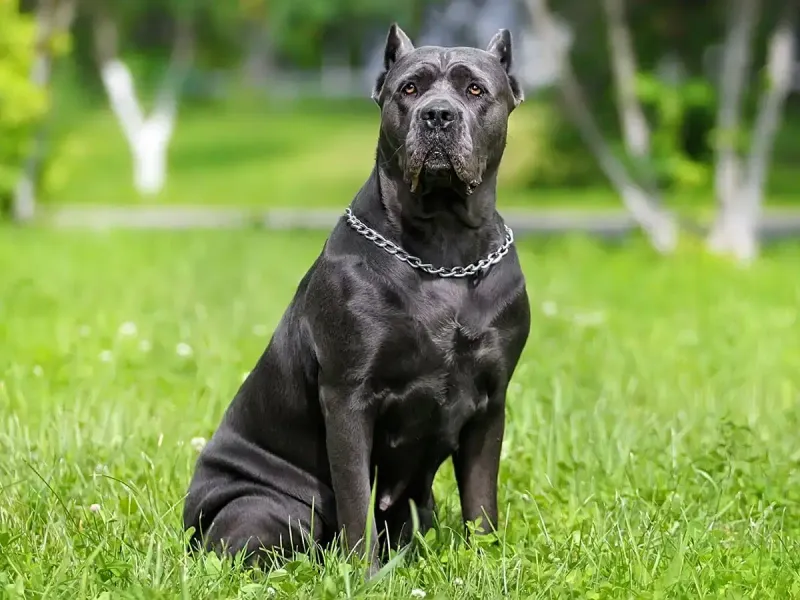
The Cane Corso, a powerful Italian breed, faces bans due to its size and protective instincts. Bred for guarding, they require an experienced owner.
These dogs need consistent training and socialization to ensure they are well-adjusted. With the right approach, Cane Corsos are loyal and affectionate family members. Addressing fears through education can help reduce unjust bans.
Dogo Argentino
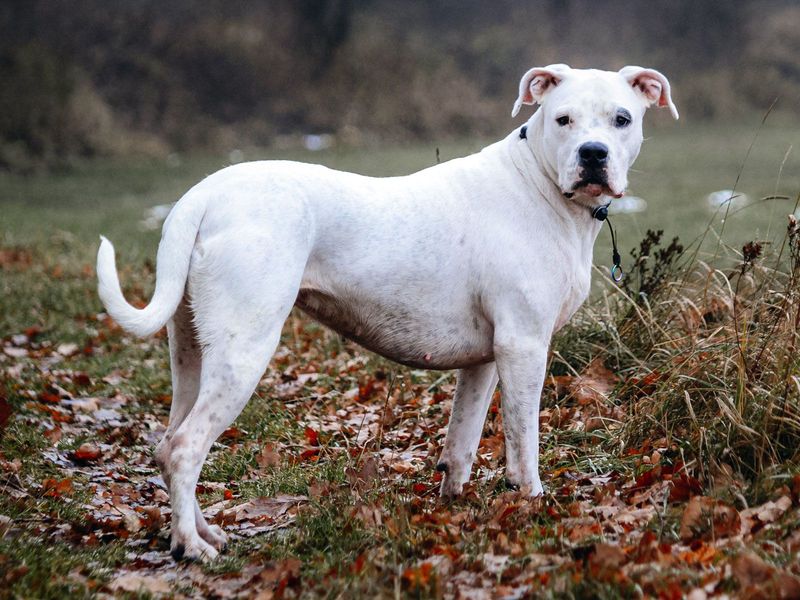
Dogo Argentinos, bred for big game hunting, are sometimes banned due to their strength and assertiveness. These dogs are loyal and protective, needing firm leadership.
They thrive in active households where they can channel their energy positively. With proper training, Dogo Argentinos are affectionate companions. Promoting understanding of their needs can help reduce unnecessary bans.
Fila Brasileiro
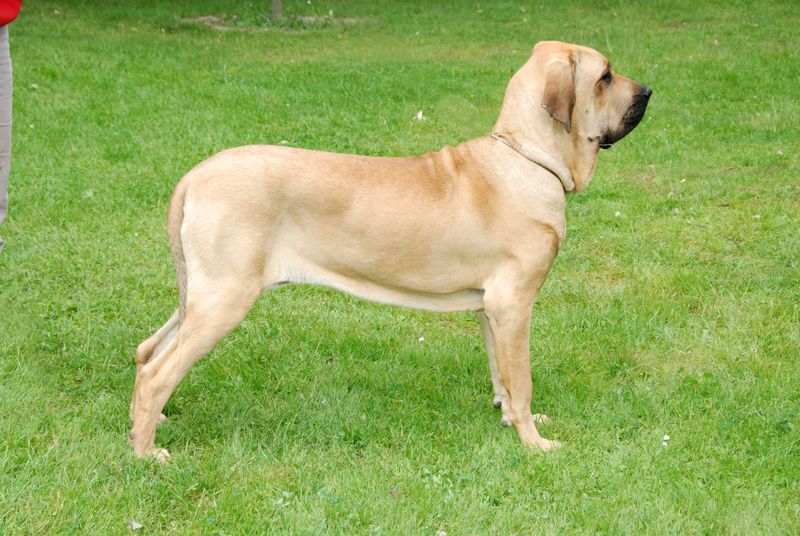
The Fila Brasileiro, also known as the Brazilian Mastiff, is often banned due to its size and protective instincts. These dogs are loyal but reserved with strangers.
They require experienced handlers who can provide firm guidance. When well-managed, Fila Brasileiros are devoted family pets. Education about their temperament and needs can help reduce bans and misconceptions.
Husky
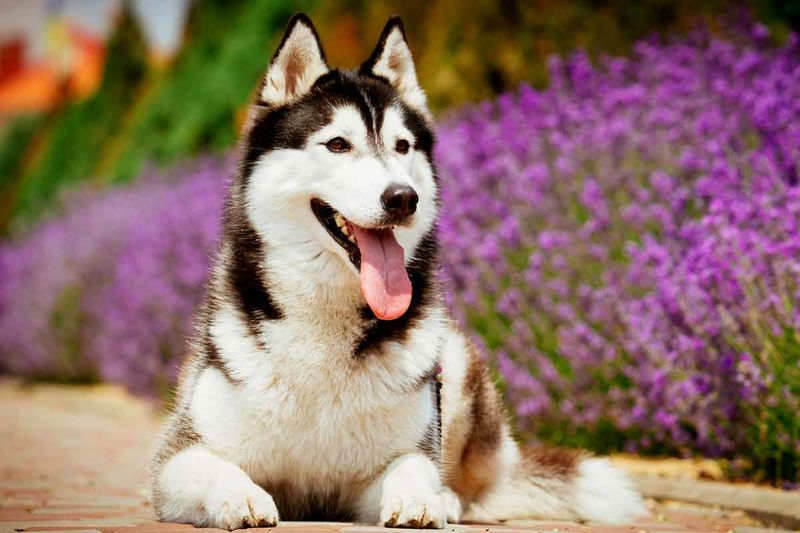
Huskies, known for their striking appearance and energetic nature, are sometimes banned due to their potential for escape and independent spirit. These dogs require ample exercise and mental stimulation.
They thrive in active households where they can participate in outdoor activities. Huskies are loyal and friendly, making them great companions when their needs are met. Understanding their behavior can help reduce bans based on misunderstandings.
Mastiff
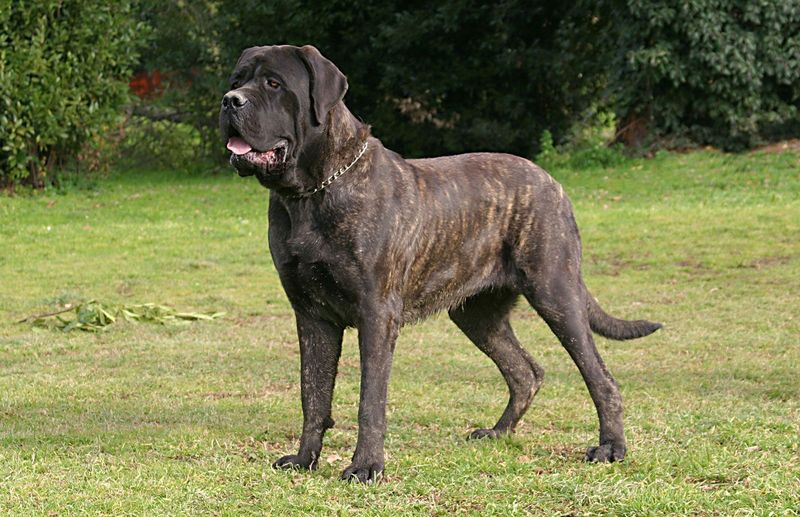
Mastiffs, known for their size and protective nature, face bans due to misconceptions about aggression. These gentle giants are typically calm and affectionate with their families.
They require regular training and socialization to ensure they are well-behaved. Mastiffs thrive in environments where they can have space to move and relax. Educating the public about their true nature can help challenge stereotypes.
Staffordshire Bull Terrier
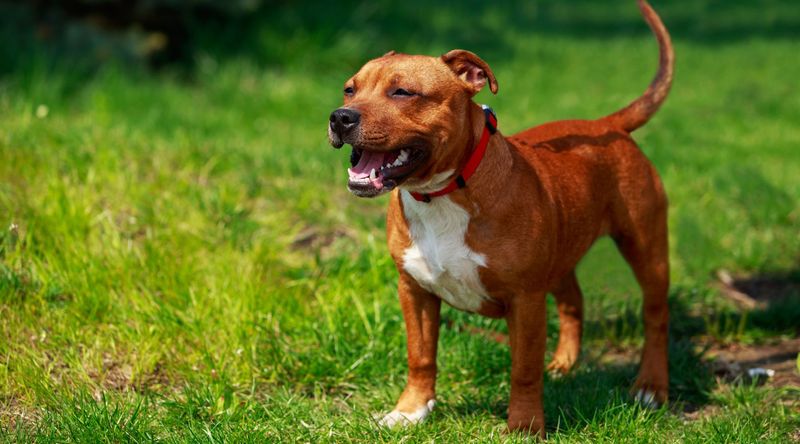
Staffordshire Bull Terriers, often mistaken for Pit Bulls, face bans due to their muscular build and perceived aggression. These dogs are affectionate and known for their love of people.
They require proper training and socialization to ensure they are well-adjusted pets. Staffordshire Bull Terriers thrive in loving homes where they can be active and included in family activities. Reducing misconceptions through education can help change negative perceptions.
Tosa Inu
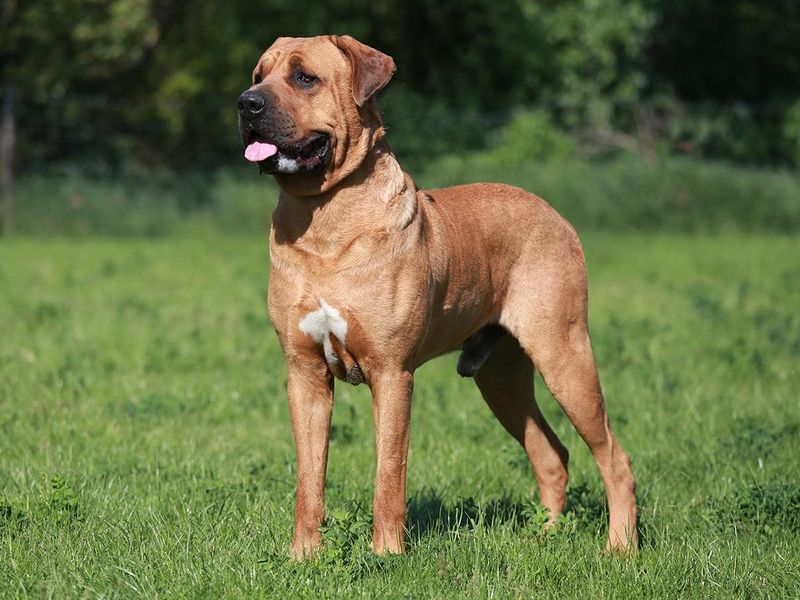
The Tosa Inu, a rare Japanese breed, is often banned due to its history as a fighting dog. These dogs are strong and require experienced handlers.
They benefit from firm training and socialization to manage their assertive nature. With the right approach, Tosa Inus can be loyal and gentle companions. Understanding their background and behavior can help reduce fears and bans.
Boxer

Boxers, known for their playful and energetic nature, are occasionally banned due to their strength and exuberance. These dogs require regular exercise and mental stimulation to channel their energy.
They are affectionate and form strong bonds with their families. Boxers thrive in active households where they can participate in family activities. Educating potential owners about their needs can help change negative perceptions.
Rhodesian Ridgeback

Rhodesian Ridgebacks, known for their hunting prowess, face bans due to their strength and independence. These dogs require firm leadership and consistent training.
They thrive in environments where they can have space to roam and explore. Rhodesian Ridgebacks are loyal and protective companions when well-managed. Understanding their heritage and needs can help reduce bans based on misconceptions.
Neapolitan Mastiff
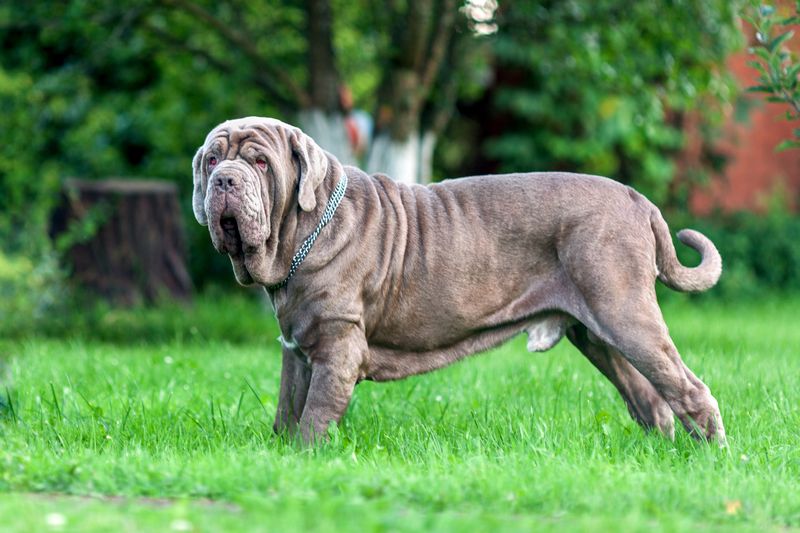
Neapolitan Mastiffs, known for their distinctive appearance and protective instincts, face bans due to their size and strength. These dogs are loyal and affectionate with their families.
They require experienced handlers who can provide strong leadership and training. Neapolitan Mastiffs thrive in environments with space and stability. Educating people about their true nature can help reduce bans and improve their image.

